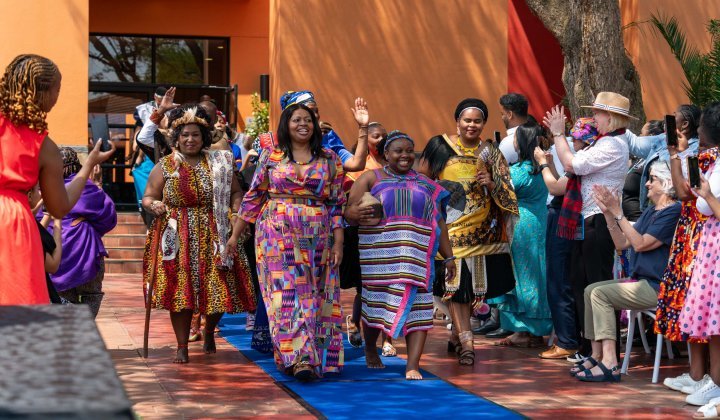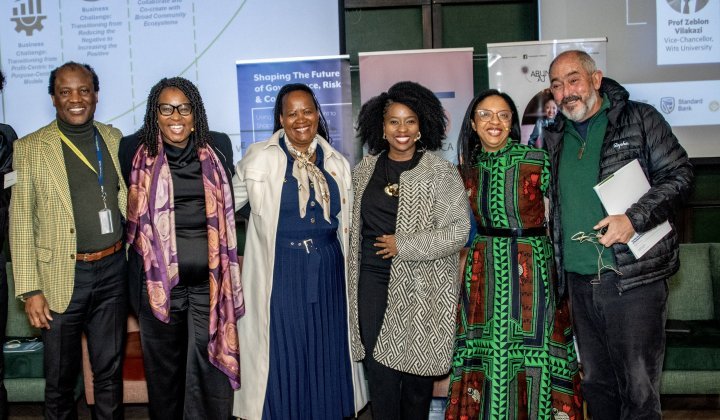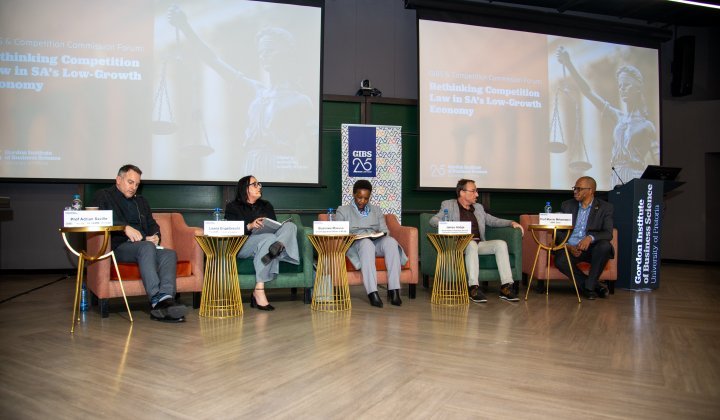Leaders in a world forever changed by the COVID19 pandemic will have to demonstrate agility and compassion and have an excellent understanding of South Africa’s socioeconomic realities. GIBS faculty Prof Karl Hofmeyr told a recent GIBS Flash Forum that the current COVID19 pandemic had reinforced the real role of business, which was not to make money, but rather to add value and purpose to people’s lives.
Andile Sangqu, GIBS Executive-in-Residence and former Vice President of the Minerals Council South Africa and Executive Head for Anglo American South Africa, said the current crisis had exposed the fault lines that already existed in the country. Life as it was before the pandemic would not return, he said.
“This is a social and economic crisis, as well as a health and humanitarian one,” Sangqu said. However, he urged the country to leverage the shared sense of goodwill the pandemic had created: “The crisis has resulted in a renewed sense of compassion and solidarity. It has presented us with an opportunity to have a conversation about what kind of society we want.”
New leadership characteristics
Leaders in this new world would have to lead with more courage, conviction and decisiveness, Sangqu continued. “Neither government, business nor civil society have all the answers. We have to listen to all voices, with humility. We have been presented with an opportunity to work together and this is an opportunity for business to demonstrate compassion transparency.”
Founder of consulting and coaching business, the Hatch Institute and the original founder of Sorbet, Ian Fuhr, said leaders of small and medium businesses would have to have different skills in the future, and not just a narrow focus on the bottom line.
“Business has a moral obligation to uplift people and to redevelop the economy if we want this country to succeed. Businesses will have to become as obsessed with growing the economy as they are with growing their businesses,” he said.




